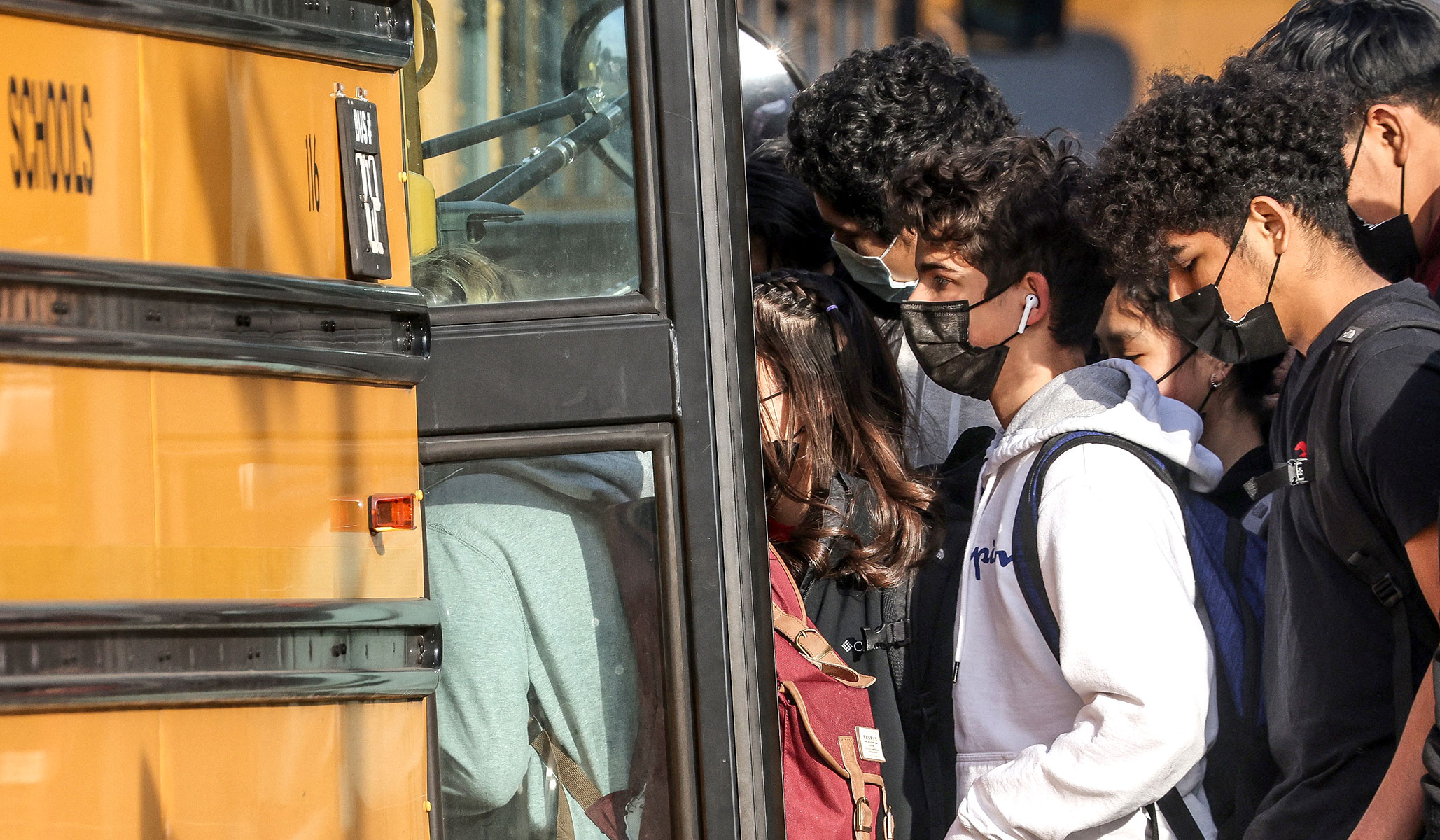


The consequences of the pandemic-era lockdowns haven’t disappeared yet. A new study on the effects of school shutdowns indicates that students aren’t catching up on their lost education; if anything, they’re falling further behind.
The study was conducted by NWEA, a company that administers standardized academic testing for K–12 students, and compared test scores over a three-year period to scores from 2020–23. As one might expect, students fell behind during the 2020–21 school year. While the learning gap “started to narrow, albeit modestly,” during the 2021–22 school year, test scores began falling behind again last year.
These disappointing results provide yet another reminder that governing tends to offer trade-offs, not solutions. When politicians start pretending that the negative aspects of their policies can be easily ameliorated — by replacing in-person instruction with online learning, for instance — that’s a good sign that they haven’t taken those consequences seriously enough.
In this case, lockdown advocates forgot that time isn’t truly money, at least not for kids who have a set number of years to prepare for adulthood. The average student now needs more than four months of additional schooling to catch up to their pre-pandemic peers in math and reading. These results also suggest that we can’t simply buy improved test scores, despite the federal government’s efforts to do so. From the New York Times:
Recovery plans have varied widely across thousands of school districts in the United States, with little national accounting of how the money has been spent. Many districts juggled competing priorities — including raising teacher pay, addressing students’ mental health and repairing long-neglected buildings.
The Biden administration required districts to spend at least 20 percent of their aid on academic recovery, an amount some experts have criticized as too low.
Even where those funds are being spent on “academic recovery,” it’s not clear that these gaps can be solved by throwing money at the problem. Many kids seemed to have learned one thing during the pandemic: Their education isn’t as important as everyone had been telling them after all. As Daniel Buck has argued here at National Review, this newly apathetic attitude toward education has contributed to growing truancy problems. Neither the most well-resourced classroom in the country nor the one with the most online learning technology can teach students who aren’t in class.
